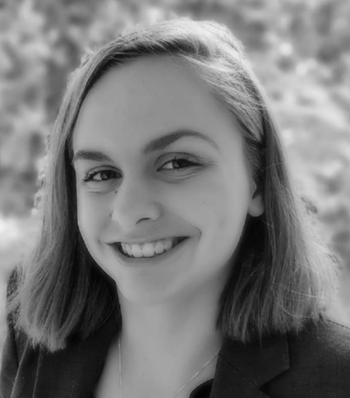UC Berkeley course asks: ‘What’s queer about Jewish culture?’
The course description states: ‘Recent TV shows, film, and writing all seem to suggest that [Judaism and ‘queer theory and history’] are intimately connected.’
‘We will . . . address early expressions of queer desires, while asking how to approach under-documented and understudied moments of queer Jewish culture, such as lesbian desires and trans experiences.’
The University of California, Berkeley, will offer a fall course that asks: “What’s queer about Jewish culture? Or, what’s Jewish about queer theory and history?”
The course, which will begin Aug. 28 and end Dec. 13, is titled: “From Perverts to Campy Queers: The Gender Troubles of Modern Jewish Culture.” It will be taught through the Department of Comparative Literature, and the course instructor will be Assistant Professor Roni Masel, whose research interests include “modern Jewish history and culture in Eastern Europe, the history of reading and history of the book, and queer and postcolonial theory.”
According to the course description, “Recent TV shows, film, and writing all seem to suggest that [Judaism and ‘queer theory and history’] are intimately connected, beyond a broad analogy of ‘otherness.’”
[RELATED: LSU student gov recommends university room students based on gender ‘identity’]
The course invites students to “explore this hypothesis, investigating key conceptual problems central to both Jewish studies and queer theory,” and to examine if it is “possible to write a queer-oriented history of modern Jewish life and culture.”
“We will begin answering this question by looking at the ways by which the racialization of the Jewish body collided in the nineteenth and early-twentieth centuries with perceptions of Jewish gender and sexuality as perverse and degenerate. Probing nationalist and diasporic Jewish discourses, we will see how Jews made sense of these characterizations, and how they rejected them or adapted them for their own literary and ideological purposes,” the description continues.
“We will then move on to address early expressions of queer desires, while asking how to approach under-documented and understudied moments of queer Jewish culture, such as lesbian desires and trans experiences.”
“Throughout the semester we will tend to conceptual concerns, considering the methodological constraints of historiography in the study of repressed histories and exploring the theoretical potential of queer temporalities as an alternative organizing framework,” it concludes.
[RELATED: Catholic school prof emerita praises trans advocacy and anti-Catholic group that openly mocks nuns, Christians]
Another course offered by the Department of Comparative Literature and taught concurrently with the course mentioned above is “History of Sexualities/Interpreting the Queer Past.” This class “will study sexuality and gender in two very different historical periods--ancient Greece and 19th-century Europe. Sexuality will be defined as including sexual acts (e.g., sodomy, pederasty, masturbation); sexual identities (e.g., erastes and eromenos); and sexual systems (e.g., kinship structures, subcultures, political hierarchies). Readings and lectures will focus on situating queer sexualities relative to dominant organizations of sex and gender.”
Campus Reform has reached out to UC Berkeley and Professor Masel for comment. This article will be updated accordingly.

